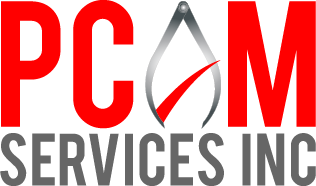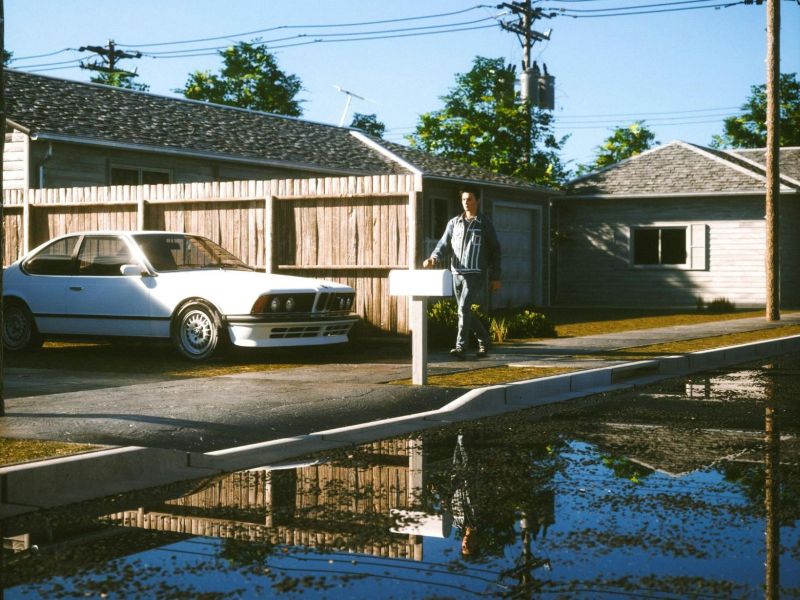Filing for insurance claims to get insurance to pay for water damage is a common problem. So, do not worry if you’re experiencing one. You’re not alone.
Generally, property owners all over the country have to deal with commercial and home insurance claims regularly. This is true regardless of whether they live in a flood-prone region or are survivors of unprecedented danger.
A standard insurance policy will pay for damage caused by fire, theft, or vandalism. Still, many homeowners additionally purchase additional insurance to cover the cost of fixing problems that may be anticipated.
But how do you get insurance to pay for water damage? Keep reading to learn more in this blog.
Does insurance compensate for damage caused by water?
Typical business and household insurance coverage may not always cover water damage. It is possible, though not guaranteed, that flood insurance is a mandatory requirement for property owners in some areas. This is because a property’s risk of damage from storms and flooding is expected if it is located in a high-risk flood zone or near a water source. As a result, there may be a need for more frequent or intensive repairs due to water damage.
However, extra policies may also be needed if your property is prone to frozen pipes or water damage from sewer backups.
Common sources of water damage covered by homeowner’s policies include:
- leaks in the plumbing system (such as from burst pipes or malfunctioning water heaters);
- Roof leaks
- Washing machines or dishwashers that don’t work or overflow.
- Damage to personal property
How do I get insurance to pay for water damage in my home and business?
There are a few essential steps to take if you find evidence of water damage on your home or discover that your roof leaks.
- Find out where the water is coming from and take steps to prevent more damage by turning off the water supply will halt the leak if the pipe is damaged. If there are electrical problems, call the fire department and the police immediately.
- Remember to take pictures of the outside of your home if a natural calamity was the cause of the leak.
- Any mold damage should be recorded if found.
- Make sure you keep detailed records of damage to your property if you have renters insurance. Besides, your landlord can use the documents you’ve provided to back up an insurance claim, which is in everyone’s best interests.
- Contact your insurance carrier to file a claim and notify them of the damage.
- To get an accurate repair estimate, you should have a competent water damage restoration firm, such as PCAM Services, do a thorough assessment.
How can I submit a claim for water damage to my insurance provider?
If you’ve suffered water damage, register a claim as soon as possible to fix the problem.
First, make phone contact with the insurance provider to explain the problem. The insurance company will ask for as much information as possible over the phone and verify the policy’s specifics with you, such as the deductible, at this point.
Since insurance policies are typically tailored to specific situations, it’s in your best interest to be as transparent as possible when filing a claim and to record any harm that has occurred as thoroughly as possible. Insurance companies are more likely to pay out claims for repairs if they are given documentation and inspection dates for moisture mapping as soon as possible.
What Next After Filing A Claim?
In the aftermath of your call to the insurance company, they will help arrange for an assessment and establish the extent of the damage and the amount of money available for repairs. In the event of water damage, PCAM Services is here to help. Our staff is also equipped to provide water extraction services. Please get in touch with us ASAP so we can get started with the quote.




